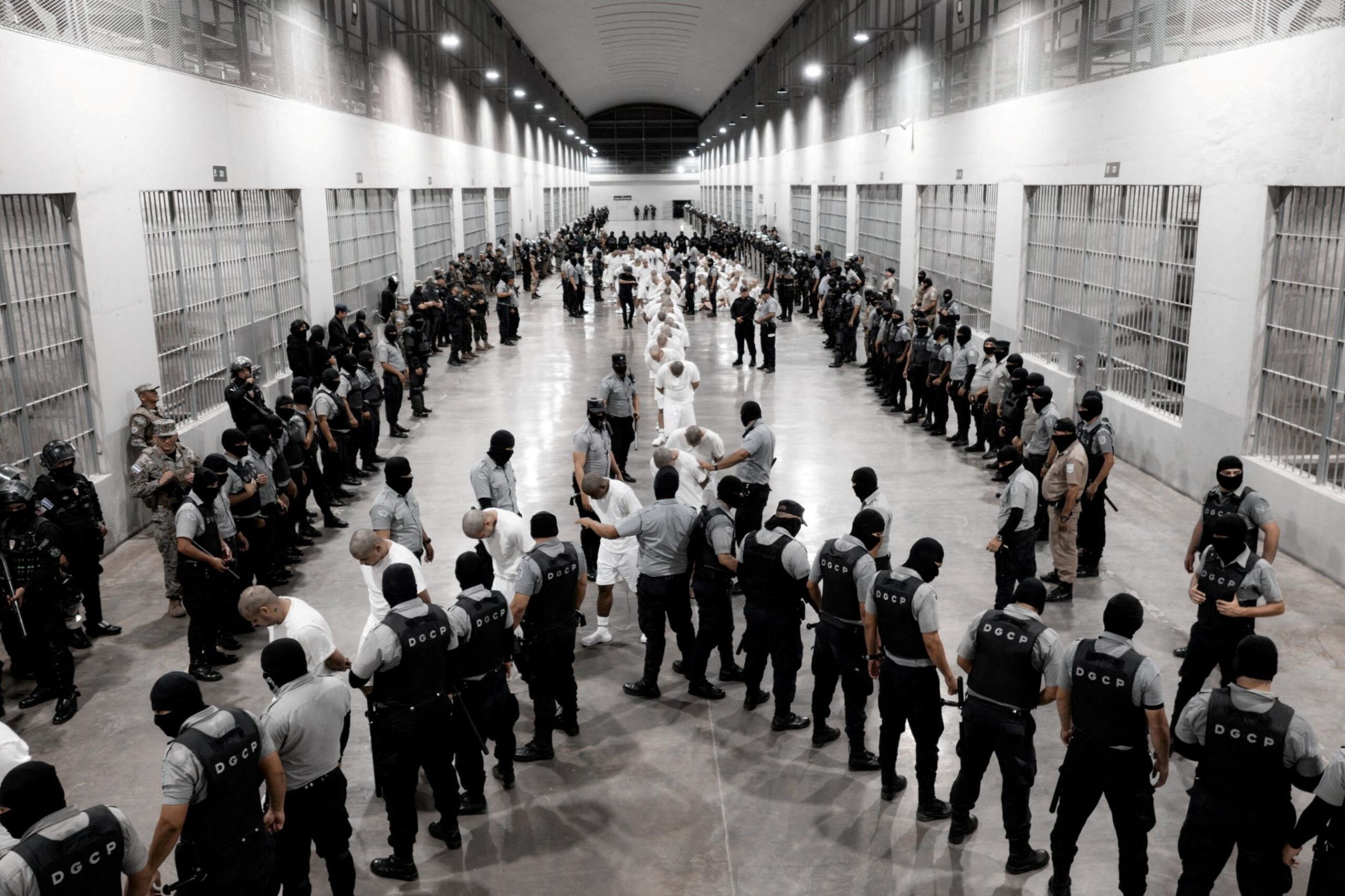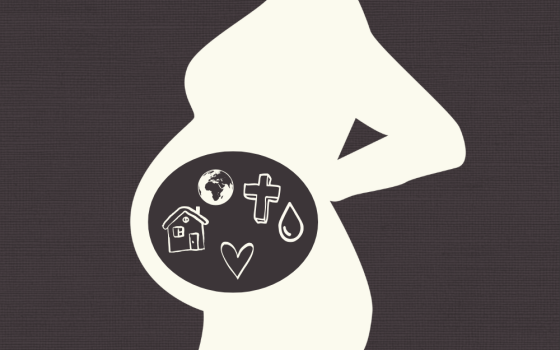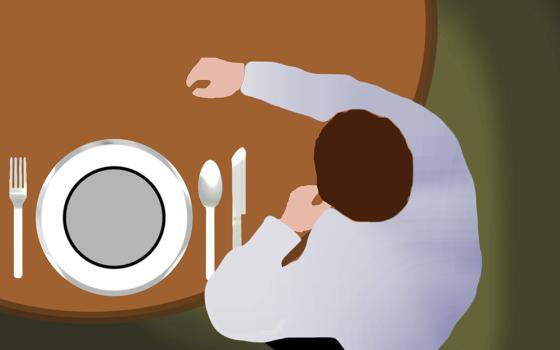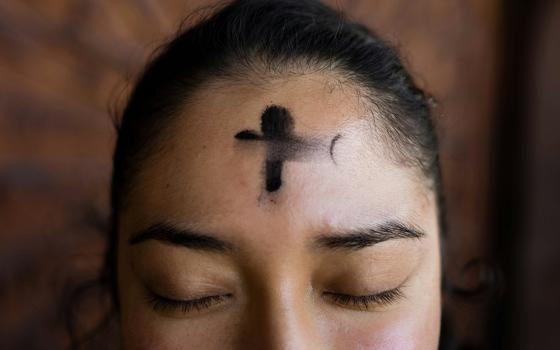
Salvadoran police officers escort a suspected member of the Venezuelan gang, Tren de Aragua, in Tecoluca, El Salvador, on March 16, 2025, who was recently deported by the U.S. government to be imprisoned in the Terrorist Confinement Center (CECOT), as part of an agreement with the Salvadoran government. (OSV News/Presidential Press Office via Reuters)
One morning, I entered the prison I had visited for 18 years, and I remember very well how shocked I was by the conditions in which three young men, whom I had previously treated, were being held. They saw me passing by and called my name. I approached them, with the permission of the guards. When I saw them, I was horrified.
They were in a small room measuring 2 x 2 meters, with a single bed and no bathroom or window. I noticed the lack of hygiene when I entered the cell, but I stayed with them because my presence could bring some relief to their situation. They had fought with other inmates and were being punished. We drank mate, ate something delicious, and laughed a little while they vented their grief and anger. That, and other experiences there, left a mark on my memory and sensitivity forever. I no longer live in that city, but I have confirmation that prison conditions there are getting worse, as is the case in many other prisons in Argentina.
The groaning of the discarded and the groaning of the earth, to paraphrase Francis in Laudato Si’, challenge us, call us to come together, and demand that we become involved, according to the Gospel, in the urgent construction of another system.
In such a violent, totalitarian, and exclusionary world, the prison systems of most countries are filled with people who are of no interest to the ruling and corporate elites, except for promoting business with those prisons. They are built to discard the "troublesome," and offer undignified and torturous living conditions, even though the law mandates helping them recover.
Today, new prisons are being built in the United States, El Salvador and Argentina, with varied methods of trampling on human rights, and torturing increasingly younger and excess prisoners, including thousands of innocent children. These are prisons made of concrete, iron, locks and barbed wire, designed to dehumanize those who are locked up. The same rationale is repeated in camps or refugee centers scattered throughout Europe, Africa and Asia.
The height of cruelty is what Israel has been doing in Gaza for decades, and which, today, has become an extermination camp driven by hatred and greed for territory, with all the shameless support of the West and of Arab countries. It is an open-air prison, with sea and land forbidden; without access to food, water, or anything else; only the destruction and loss of bodies and souls in agony.
Perhaps those of us who feel free from prisons should also ask ourselves if we are imprisoned by the digital world, which traps us in enclosed glass. As Byung-Chul Han says in his book In Praise of the Earth: "The earth is our place of resonance that fills us with joy. When we abandon the earth, joy abandons us." His reflection suggests that the digital world, by distancing us from what is real and tangible, erodes our essential connection with the earth and with ourselves.
The groaning of the discarded and the groaning of the earth, to paraphrase Pope Francis in Laudato Si’, challenge us, call us to come together, and demand that we become involved, according to the Gospel, in the urgent construction of another system. That system must offer opportunities and real freedom for all, be respectful of all life, and have fewer screens, concrete, walls and fences, and more connection with the earth.
Advertisement
This story was originally published in Spanish Sept. 17, 2025.







